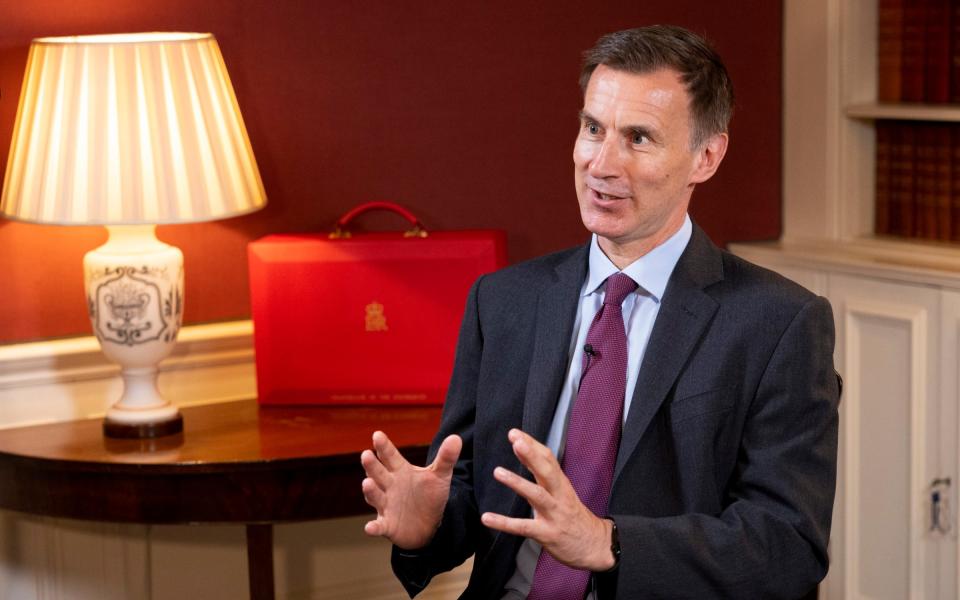Hunt plans biggest shake-up of employee ownership schemes in 23 years

Chancellor Jeremy Hunt is planning to make it easier for employees to own shares in the companies they work for in a bid to boost economic growth.
The Government has launched a call for evidence asking businesses for their views on how to improve Save As You Earn (SAYE) and the Share Incentive Plan (SIP) in what is set to be the biggest reform of employee ownership schemes in 23 years.
The call for evidence, which was first announced in Mr Hunt’s Spring Budget, will likely be the widest consultation on these schemes since the introduction of the SIP in 2000.
The SAYE scheme allows employees to buy discounted shares in their company if they save money each month for three to five years, while the SIP scheme enables employers to sell shares directly to employees, or offer them as awards, tax free.
New analysis by HM Revenue & Customs shows that 81pc of employers who use the schemes found they helped boost businesses. However, nearly a third (31pc) of companies that were unaware of the schemes said they were too complicated to set up.
Victoria Atkins, financial secretary to the Treasury, said: “Employee share schemes are an effective way to boost motivation in workforces by giving people an extra stake in what they do – and they offer a boost for business.”
Ms Atkins added: “Growing the economy is a priority for this government and one way to make this happen is by making these schemes as easy as possible to set up.”
Proshare, a lobby group, has called for the Government to reduce the holding period of shares under the SIP scheme from five years to three years, so that employees can receive the benefits more quickly.
David Mortimer, of Proshare, said: “Five years is a very long time, particularly if you are in your 20s. A good employee is penalised by their ambition if they want to move on [before the end of the five-year period].”
Previous government research showed that employee share schemes can boost worker productivity by 3.5pc.
The Government is particularly interested in boosting participation amongst low earners.
The call for evidence follows reforms to a separate scheme, the Company Share Option Plan, which doubled the number of share options employees can be granted and removed restrictions on the type of shares that can be included.

 Yahoo Finance
Yahoo Finance 